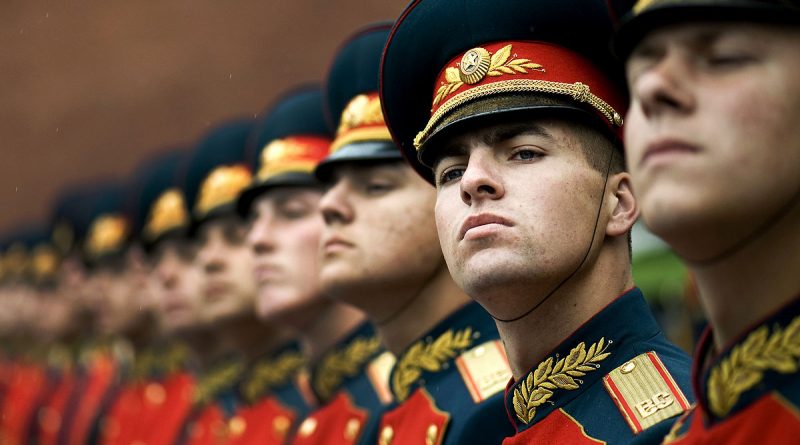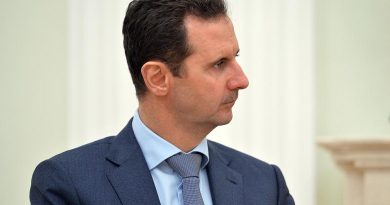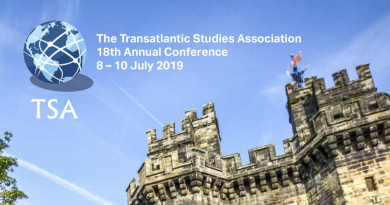10 Things to Read about Russian Foreign Policy
Driven by recent events, we have compiled a list of publications to help our readers to understand Russia’s foreign policy ambitions – especially in what concerns security and defense matters along its European borders – and the diplomatic consequences thereof.
1. Putin’s last stand: Russia’s Ukraine policy (2015)
Authored by Andrei Tsygankov, this 2015 paper studies Russia’s policy towards Ukraine from the Orange Revolution (November, 2004) onwards. The main argument of this work is that Putin’s actions that followed the ousting of Ukranian President Yanukovych were caused by the West’s disregard for Russian interests and values in Eurasia, and by Ukraine’s important role in Russia’s foreign policy.
2. Russian and EU-Black Sea Integration
Maria Raquel Freire’s 2014 article explores the impact of Russia’s policy towards the Black Sea countries on its relationship with the EU, arguing that the most significant aspect to consider in this context is that Russia does not consider the EU a major player in the region
3. NATO, Russia and the Baltics
This 2016 study by Michael Haas and Martin Zapfe addresses the internal NATO debate regarding whether or not the Alliance should strengthen its presence in the Baltic region. In light of recent events (26 October), this work provides an exceptionally current examination of the possible consequences of NATO’s decision.
4. The Nuclear Dimension of Russian Strategy
Roger McDermott and Stephen Cimbala consider, in this 2016 study, the nuclear dimension of Moscow’s military strategy. The authors address the challenges that this dimension creates for NATO, its impact for Russia’s conventional army, and how history shapes the country’s perceptions of threat.
5. Russia and Syria
This 2013 paper, authored by Roy Allison, explores the motives behind the unwavering Russian alignment with the Syrian Government since 2011. In it, the author argues that Russia’s action are driven by its interest in maintaining political order at the domestic level.
6. Russia’s annexation of Crimea
John Biersack and Shannon O’Lear analyze, in this 2014 study, Russia’s shift eastward, marked by the emergence of a pro-European Union Government in Kiev. The authors explain that Russia’s strategic goals and energy policy were no less important than the country’s historic and political rhetoric for the annexation of Crimea.
7. The Limits of Partnership
This 2014 book by Angela Stent, a former advisor on Russia during two US Administrations, narrates the relations between the the US and Russia since the end of the Cold War. In it, the author argues that, during this period, the issues in the American Presidents’ agendas have remained the same.
8. Public Diplomacy po russkii
In this 2014 study, Sinikukka Saari compares Russian and Soviet public diplomacy efforts in its neighborhood. The author explains that a strong Soviet legacy can still be identified, although the current lack of ideology constitutes a new development.
9. Ready for a New Cold War
Matthew Kroenig explains, in this 2015 study, that in light of Russia’s recent nuclear deployments, NATO should strengthen its nuclear build-up in order to convince Russia to restrain theirs.
10. Russia’s ‘soft power’
Written by Andrey Kazantsev and Peter Rutland, this 2016 study’s main argument is that Russia has not been able to use ‘soft power’ effectively. Despite recent efforts in promoting a positive image of the country abroad, its authoritarian turn since 2004 has greatly hindered progress in that context.
Russian military honor guard, Photo by US Navy / Public domain
![]() This work is licensed under a Creative Commons Attribution-NonCommercial-ShareAlike 4.0 International License.
This work is licensed under a Creative Commons Attribution-NonCommercial-ShareAlike 4.0 International License.




